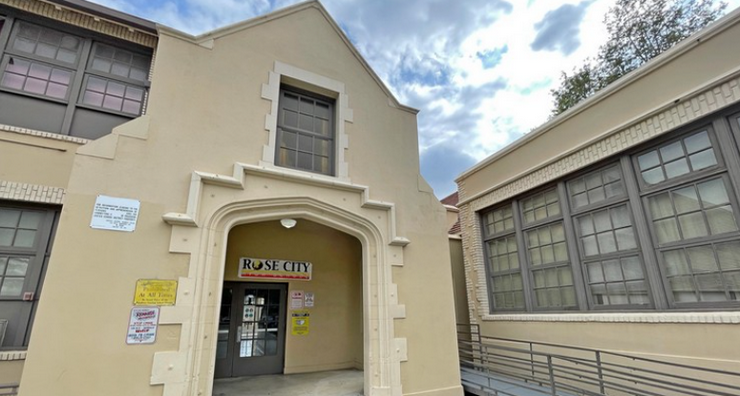 High school textbooks have changed somewhat since the time when I was in high school and slavery was depicted as a happy time with pictures of Negroes contentedly picking cotton in the their master’s fields. A few paragraphs was all that we got about the “Peculiar Institution.”
High school textbooks have changed somewhat since the time when I was in high school and slavery was depicted as a happy time with pictures of Negroes contentedly picking cotton in the their master’s fields. A few paragraphs was all that we got about the “Peculiar Institution.”
My high school textbook said we were a happy people and that we sang songs. That was it. No more. No less.
I was puzzled; I hated washing dishes so why were these people happy? But who was I going to ask? Slavery wasn’t a topic of discussion in my home. That’s not entirely true, because a great-great-grandmother, I was told, was freed from slavery when she was 12 years old, but the family didn’t let her tell any stories of life on the plantation.
We did learn she had lived in the big house and had a master who was, supposedly, kind. That’s it. No more. No less.
In later years, when I asked about our history, my mother apologized for such neglect and said it didn’t occur to her that it was important.
She remembered, and so did I, that she always read poems to us by Paul Lawrence Dunbar. That was the historical contribution in my home.
‘LIAS! ‘Lias! Bless de Lawd! Don’ you know de day’s erbroad?Ef you don’ git up, you scamp,Dey’ll be trouble in dis camp.Tink I gwine to let you sleep W’ile I meks yo’ boa’d an’ keep?Dat’s a putty howdy-do–Don’ you hyeah me,’Lias – you.
Word for word, I remember these lines, but Dunbar’s poems without their historical context didn’t tell me anything about who I was or the journey my people had travelled.
I didn’t understand the dialect nor did I know anyone who talked that way. Therefore, Dunbar didn’t really have any meaning in my life; or so I thought.
I suspect, during reading time, I was probably longing for my much younger days when I was a very young toddler and Mom read to us, along with other childhood favorites, the antics of Babar the Elephant and his sidekick Zephyr the Monkey.
Much as I loved Babar, Celeste and the rest of the characters, It was Paul Lawrence Dunbar who kept me thinking as I grew older.
What must have made my mother determine he was the poet her children had to sit and listen to? Was this someone she had known in her younger days while growing up on the east coast?
Equally as intriguing was why did Dunbar abandon standard English and write in what I thought was a foreign language.
A little bit of research let me know Dunbar died prior to my mother’s birth so she didn’t know him and I learned, my gosh, that he wrote in both standard English and dialect .
He was one of the first African-Americans to gain national eminence as a poet. Born in 1872 in Dayton, Ohio, he was the son of ex-slaves and a classmate of Orville Wright who gained aviation fame.
Although Dunbar only lived to be 33 years old, he was a prolific writer of short stories, novels, librettos, plays, songs and essays as well as the poetry for which he became so well known. He was popular with black and white readers of his day, and his works are still celebrated by scholars and by school children.
Learn more history at http://www.dunbarsite.org/
The old days of ignoring the true history of African-Americans is behind us, now. We’re speeding down the information highway with the facts, literally, at our fingertips.
We need to be preaching to our children and we need to be teaching our children that they have a proud heritage and it is to be celebrated every month of the year – not just in February because it’s Black History Month,













 0 comments
0 comments


